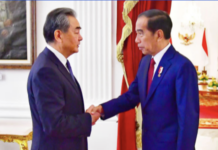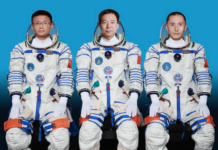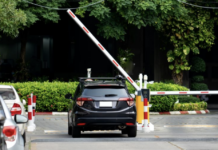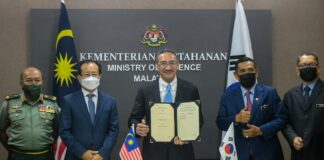ALOR SETAR, June 6 — Those who reject the vaccine prefer to obtain information about COVID-19 via social media rather from authentic and credible sources.
Psychiatrist Dr Mohammad Farris Iman Leong Abdullah said they also choose to refer to unverified news on the internet and to be misinformed about the vaccines, before spreading them to others.
He said psychologically, those who refuse to take the vaccine are people who only care about their interests and own opinions.
“They don’t trust the authorities and experts. They also believe that through prayers alone, God will grant their wishes, they will not get infected and always be safe,” the Sungai Petani Pantai Hospital specialist told Bernama recently.
Dr Mohammad Farris Iman said the group would then try to influence others to believe that there is no need to take the vaccine.
He said according to a study, most of the anti-vaccine groups consisted people aged 25 to 34 years and 35 to 44 years.
“These groups of people like and tend to use social media such as Facebook and WhatsApp to get others to believe them,” he said.
Dr Mohammad Farris Iman said there were also a small number of anti-vaxxers who have come to their own conclusions the vaccines are unsafe and would lead to chronic illnesses.
Meanwhile, Universiti Utara Malaysia’s (UUM) School of Applied Psychology, Social Work and Policy dean Assoc Prof Dr Abdul Razak Abd Manaf said too much information on the vaccines being shared on social media has caused public confusion, thus leaving some groups to choose not to trust the authorities.
“Many are confused about the meaning of vaccines. This may be because we rarely face such pandemics. The lack of understanding on the vaccines will then lead to various negative perceptions on them,” he said.
He said many negative stories about the side effects of the vaccine which have been widely shared on social media have also led some people to distrust the effectiveness of the vaccine.
“When there are too many negative stories about the effects of the vaccine, such as people are still being exposed to COVID-19 even after being vaccinated and some die after taking the vaccine, the community will tend to not believe that vaccination will help protect them from COVID-19.
“Some of them also choose to rely on unverified viralled information they receive to protect themselves from the virus,” he added.
Abdul Razak also opined that the anti-vaccine groups were more of negative and closed-minded individuals who refuse to accept other people’s opinions because they think they are always right.
“Therefore, we have to change the negative pre-conceived thoughts or ideas on the vaccine through a cognitive approach and put more efforts to challenge such incorrect thoughts and emotions,” he said.



















